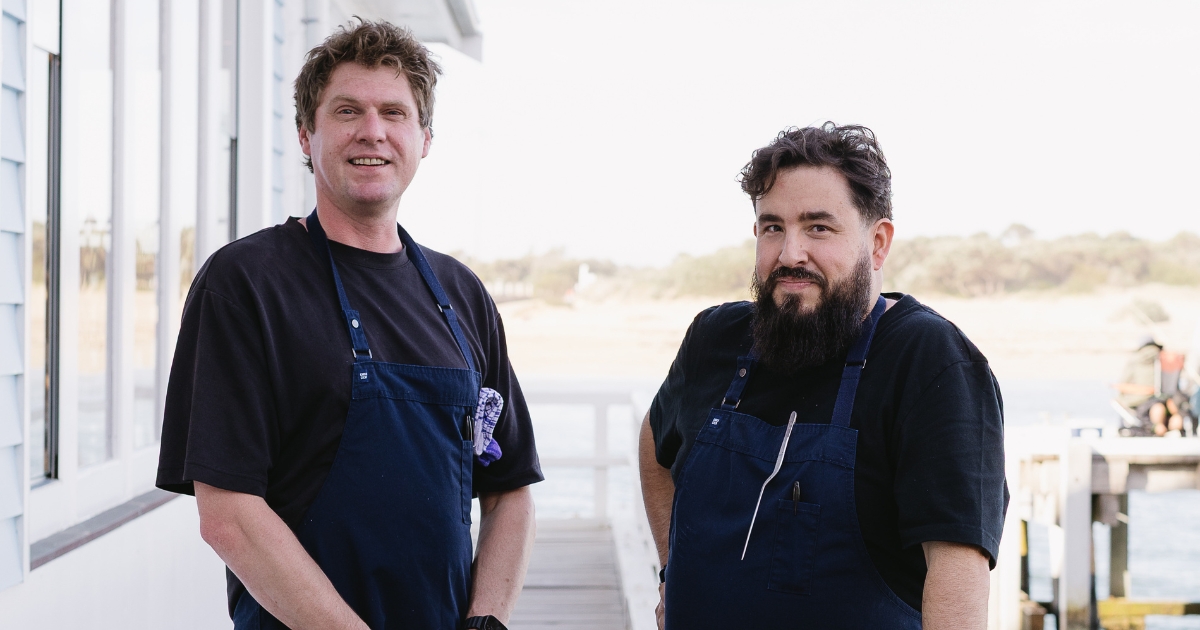Survey reveals family mental health anxiety

headspace chief executive officer Jason Trethowan encouraged all family members to feel more confident when supporting their young people's mental health journey and to seek out the services that are able to provide assistance. Photo: PEXELS
About one in five family members don’t feel confident asking a professional for support with their young person’s mental health, new research has found.
Conducted by headspace, the youth mental health organisation’s inaugural National Family Mental Health survey involved more than 2,000 family members, including parents, carers, siblings, elders, close friends and stepfamily who care for a young person aged between 12 and 25.
It revealed that almost 80 per cent of family members have some level of concern about their young person’s mental health, with almost half indicating they discuss mental health and wellbeing with their young person on at least a weekly basis.
The most concerned family members were those caring for an LGBTIQA+ young person, at 90 per cent, and those who belong to multicultural communities, at 85 per cent.
The survey also found that the more concerned family members were, the less likely they were to have conversations about mental health with their young people, with almost 30 per cent stating these conversations are difficult.
headspace chief executive officer Jason Trethowan said the survey highlights the size of the challenge facing families, who are doing their best to respond to their young people’s mental health needs, while young mental health services are experiencing unprecedented demand.
“It’s not surprising that families are worried about their young people’s mental health, given some of the challenges we’re facing right now, including school refusal, cost of living pressures and impacts from extreme climate events,” he said.
“Family members are the first group that young people will reach out to when they need support, so it’s important they stay engaged with their young person’s mental health and wellbeing by being aware of any changes in their behaviour, such as disengaging from social activities, difficulty focusing or changes in sleep habits.
“While these can be early signs of stress, they also present opportunities to check in, provide support and create a safe environment that encourages open communication and seeking help when needed.
“It’s important to remember that there’s no expectations for you to be an expert and it’s okay to get things wrong. Just being there for your young person and showing that you care for them unconditionally is a good start.”
Mr Trethowan encouraged all family members to feel more confident when supporting their young people’s mental health journey and to seek out the services that are able to provide assistance.
Kim Edgar, a Geelong woman and headspace family reference group member said it was so important to normalise conversations about mental health and to start having those conversations before young people begin experiencing mental health challenges.
Ms Edgar’s son Daniel died by suicide six years ago at the age of 17.
“These conversations are not easy, and sometimes might not go as planned. It can be terrifying to hear something serious from our young person, but it’s that information that will prompt us to take the next step towards getting help,” she said.
“There also needs to be support for the supporters. This means ensuring that families know when and where to look for support for their young person, and that they are included in the care their young person receives.”
For support, individuals are encouraged to visit their local headspace centre, phone 1800 650 890 or head to headspace.org.au
For immediate support, Lifeline (13 11 14), Kids Helpline (1800 55 1800) and 1800RESPECT (1800 737 732) are available 24/7.

















